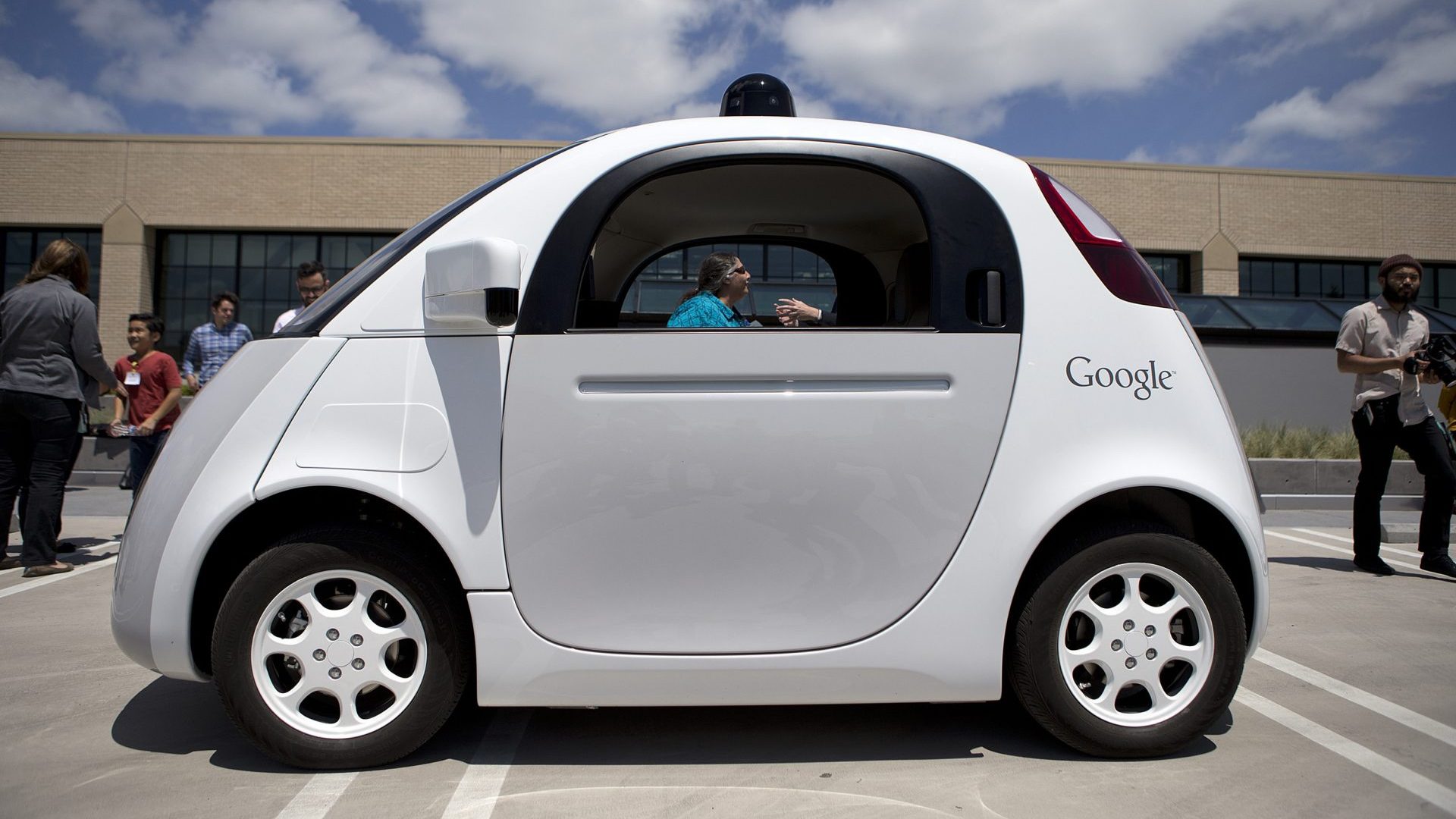

It’s the end of the road for Waymo’s custom-built self-driving cars. The pod-like vehicles are being retired in favor of a fleet based entirely on production models, Waymo announced in a blog post.
Waymo noted that these “Firefly” prototypes were always intended for research, not mass production. It said the electric cars helped engineers learn valuable lessons, such as where to place sensors. Their cute styling also attracted positive attention from the general public.
But since Waymo has no intention of building and selling its own cars, it plans to concentrate exclusively on production models supplied by automakers from now on. Its current fleet is comprised of Chrysler Pacifica Hybrid minivans, and the company has discussed a possible partnership with Honda as well. The first Pacificas were delivered late last year, and Waymo plans to eventually have 600 of them in its fleet.
In its previous incarnation as the Google self-driving car project, Waymo started out using a collection of Toyota Prius and Lexus RX 450h hybrids, with no official involvement from Toyota. It introduced the “Firefly” in 2013, and the cars have been the face of Google/Waymo autonomous driving ever since.
While they may not be as cute, the Chrysler minivans are more relevant to Waymo’s long-term goals. Waymo hopes to commercialize its autonomous driving tech, but to do that, it will need to partner with a company that is actually willing to manufacture cars—which is still a complex and cash-intensive business.
Waymo is aggressively expanding its self-driving car efforts. In April, it began giving free rides to the public in Phoenix, Arizona. It also recently announced a partnership with Lyft, which wants to use self-driving cars for ride sharing, and has hinted at plans for a self-driving truck program to rival Uber’s Otto division.